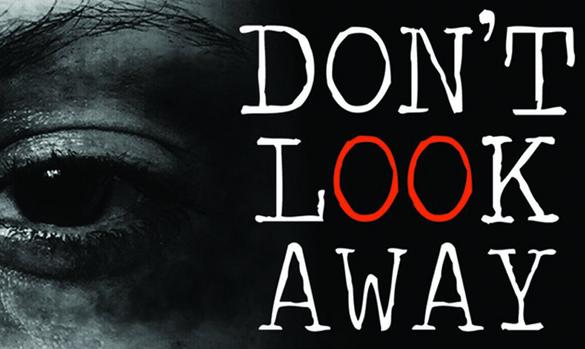Country Representative of the United Nations Population Fund, UNFPA , Dr Eugene Kongnyuy yesterday said that despite the progress made by the Nigeria government, approximately 80 million women and girls are still victims of Gender-Based Violence, GBV.
Speaking at the Private Sector High Impact Summit organized by Access Bank Plc to commemorate UNFPA 50th anniversary and ICPD at 25, Kongnyuy said that the statistics shows that women still have a long way to go before attaining economic parity, social equality, agenda setting powers and political power sharing.
He explained that NDHS 2013 and MICS 2016 shows that 28 percent experienced physical abuse, 7 percent sexual abuse, 62.6 percent child marriage and 25.3 percent women with female genital mutilation.
“As part of our intervention programme, more than 2.6 million women and girls were reached with sexual and reproductive health services including GBV management in North-East Nigeria while 2 million women and girls were reached with modern family planning services among other intervention.”
Sahara Foundation is passionate about transforming lives

On her part, Head of Sustainability, Access Bank Plc, Omobolanle Victor-Laniyan said that to achieve sustainable population growth, government and private sector need to increase investment in youth, women and girls.
“Investment in education and health is critical to Africa continent effort towards achieving sustainable population. Increase investment in education will lead to an increase in employability rate.
“Also, young people should be empowered with necessary entrepreneur skill to enable them create their own enterprise while government need to create conducive environment to develop and implement policies that promote flexible labour market.
Project Director, HACEY Health Initiative, Isaiah Owolabi urges Nigeria private sector to support empowerment interventions aimed at empowering women and adolescent girls to reduce their risk and vulnerability to gender-based violence.
“They should support innovative social norms, marketing projects aimed at shifting harmful social norms perpetuating GBV and inequalities to promote positive behavioural change.

